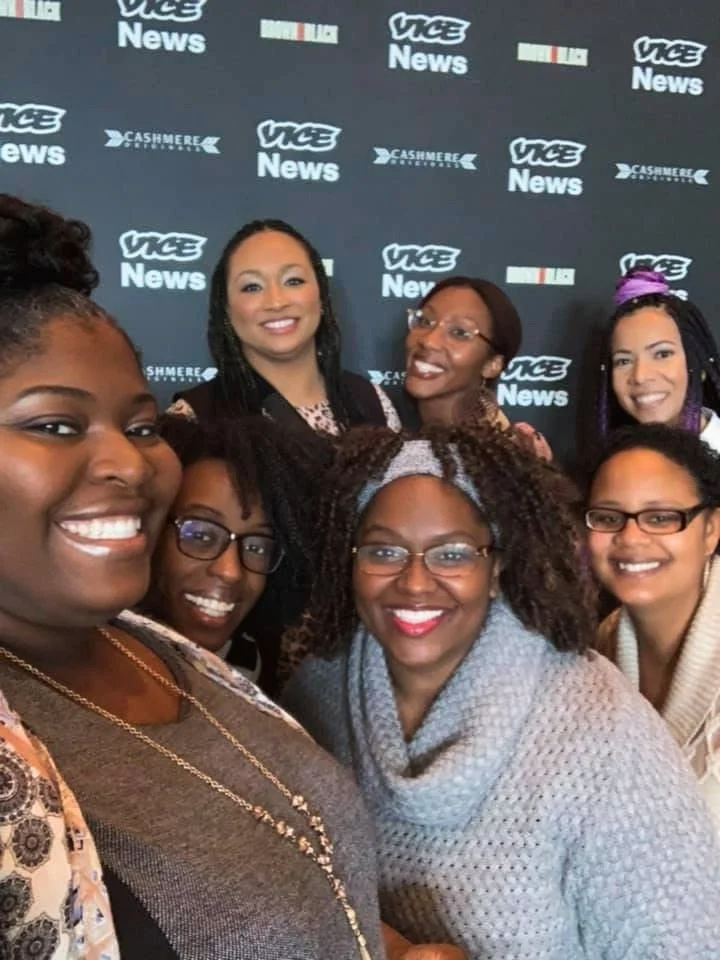Championing Health
EQUITY
We believe that Black lives are sacred, that birth should be a moment of power—not peril—and that every Black birthing person deserves safety, dignity, and joy. We believe that change begins when stories are heard, when systems are challenged, and when communities are resourced to heal and to lead. At the Black Maternal Health Collective, these are not just beliefs—they are our blueprint for liberation.
Our Mission:
Eliminating disparities in maternal health through advocacy, research, education, and support, ensuring a future where every mother and child has the ability to thrive.
Contact Us
Interested in working together? Fill out some info and we will be in touch shortly. We can’t wait to hear from you!



